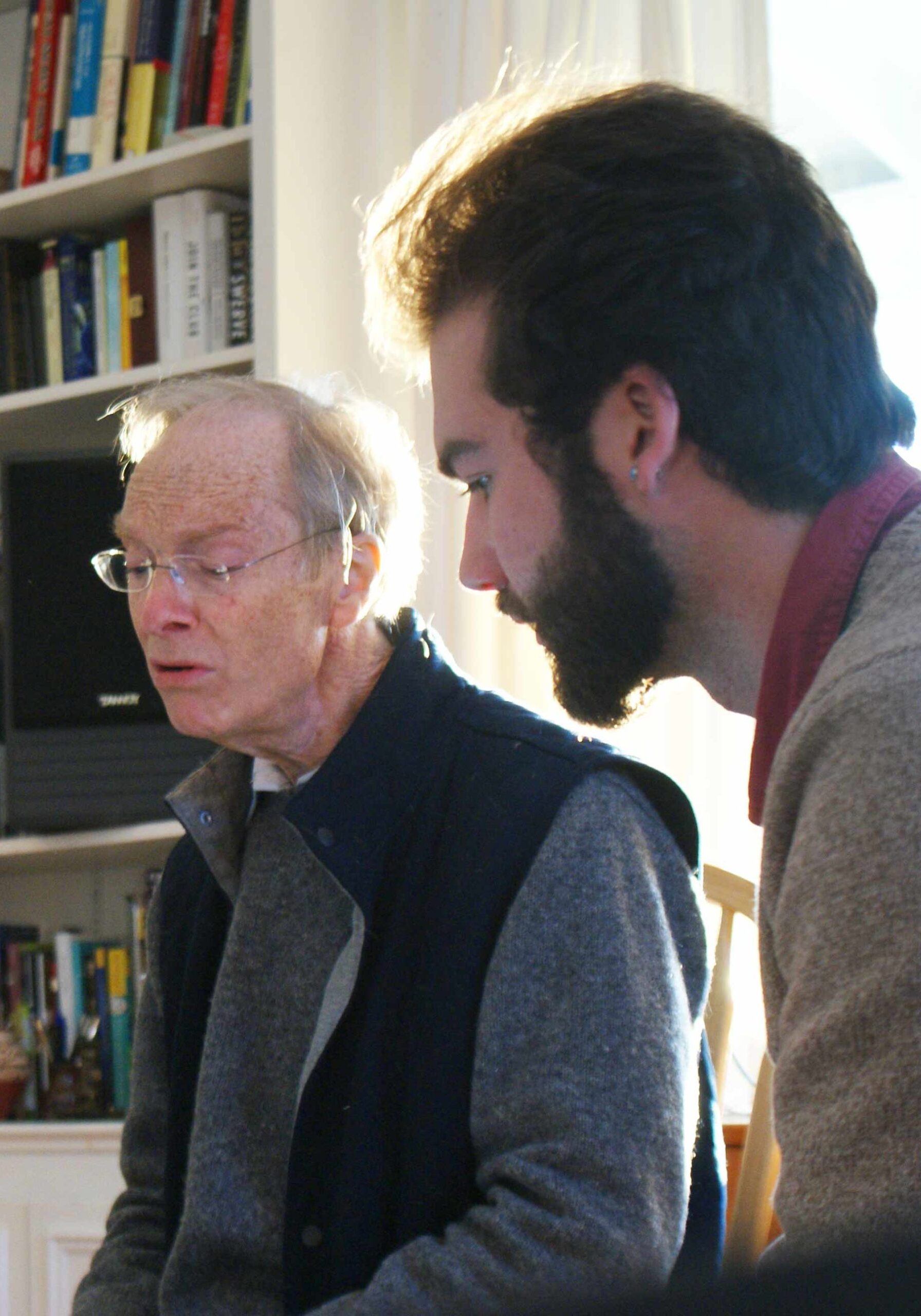ABOUT
Our Mission

Documentary Songwriting connects teaching artists and storytellers from around the world to transform personal stories into enduring songs.

The goals at the heart of
Documentary
Songwriters
Our Mission
DocSong’s mission is to transform personal stories into songs that build connection, empathy, and a shared sense of humanity.
Our Vision
We are building a world where shared stories and music connect us to each other, creating thriving communities committed to deep listening, empathy, and mutual care.
Jonathan Westhorp | Manchester, England
“It was only after going through the process that I fully realised the benefit to my emotional well being. After being able to share the experience, make music while expressing my core emotions, I feel emotionally stronger and true to myself.”
OUR HISTORY
An early collaboration leads to a narrative-driven creative process
Documentary Songwriting is an outgrowth of the ancient oral tradition of people’s singing about their experiences. Our method, which was established in 2009 by Malcolm Brooks and Hanna Batley, offers a specific process and uses modern tools such as laptops and smartphones.
The Documentary Songwriting method evolved from a collaboration between Malcolm and Hannah for the Rockland Unitarian Universalist Church choir, in which Malcolm asked Hannah to explore creating a melody while reading words that Malcolm had written. The resulting work, Sunflower, encouraged them to continue writing in this way. Read more about Sunflower in our Resources section.
That first song marked the birth of the Story-to-Song Method (now most often called the Documentary Songwriting Method) and the culmination of the first stage of evolution of a creative method. It has since grown – along with the DocSong family – as detailed in the list of milestones below.
March
2010
Hannah Batley serves as the first story source and co-writes with Malcolm Brooks the first documentary song “Sunflower.” They go on to collaborate on three more documentary songs.
April
2011
Monika Kelly, at Bay Chamber Concerts and Music School, sponsors a course in documentary songwriting, in which six students follow the method and generate documentary songs. Monica then adds a documentary songwriting course as part of the Next Generation string program.
October
2011
Marieke Slovin begins learning the documentary songwriting method from Malcolm. She later transforms oral histories of Massachusetts mill workers into documentary songs.
February
2012
Hannah Batley, Alex Wilder, and other members of the Lady on the Radio band are invited to perform in the Camden Library concert series. The show sells out.
September
2013
Hannah Batley releases the album “Lady on the Radio,” containing four documentary songs.
July
2014
Chloë Isis serves as story source for the first humorous documentary song “Driver’s Ed Blues”.
December
2015
Rohan Edwards enrolls as the first documentary songwriting intern from Bennington College. He develops songs about family relationships.
Feburary
2016
Will Foote explores generating songs about his high school and college cultures. He goes on to collaborate on songs with rural farmers in upstate New York.
February
2016
Alex Wilder takes documentary songwriting to Cuba, and Nora Willauer takes it to Spain. Their works became the first documentary songs in Spanish.
March
2016
Chloë Isis and Will Foote conduct the first demonstration of the DocSong process on radio.
September
2016
Caroline Rex-Waller designs a week-long documentary songwriting intensive for the White Mountain School in New Hampshire. 37 high school students co-write and perform their documentary songs.
December
2017
Zach Arfa acts the part of a documentary songwriter in a play production, generating documentary songs as part of the play’s performance.
January
2018
Genevieve Roby signs on as the first long distance intern, completing her DocSong internship online from Maryland.
Feburary
2018
Hazel Delehey is commissioned by Colorado’s High Mountain Institute to write the first documentary song to be used in a film.
May
2018
Whit Arau designs and hosts a series of short podcasts of documentary songwriters reflecting on their work.
June
2018
Malcolm Brooks is invited to the Carnegie Hall Weill Institute to perform a lullaby that was written using the documentary songwriting method.
September
2018
Melodi Var Öngel proposes to use documentary songwriting in Cyprus, as part of a reconciliation effort between Turkish and Greek Cypriots. Her proposal is approved and funded by a Davis Peace Grant, and her work later becomes featured in a TEDx talk in England.
January
2019
Joaquin Contreras uses the method as part of a documentary on migrant workers and also as a means of documenting family histories.
April
2019
Jonny Westhorp and Will Foote collaborate in Belgium with refugees seeking asylum. The songs offer testimony to human perseverance and the universal desire for freedom.
July
2019
Khalid Taylor and Chris Finn co-write the first documentary song exploring the relationship between an orphan and her parents.
October
2019
Nora Willauer applies the method to writing songs with women who have experienced sexual and domestic abuse. Her work is featured on NPR’s Morning Edition (October 2019).
December
2020
Caleb Edwards submits a documentary song as part of his application to Berklee College of Music. (He is accepted).
June
2021
Nora Willauer leads the first Intensive Training for DocSong teaching artists. The course is sold out.
June
2022
Jody Kerchner and Malcolm Brooks lead a documentary song workshop at Grafton Correctional Institution in Grafton, Ohio.
OCTOBER
2022
CAROLINE REX-WALLER is selected after a national search as DocSong's next Executive Director.
December
2022
Mimi Bornstein and Malcolm Brooks conduct a DocSong workshop in Alexandria, Virginia, for women recently released from prison.
July
2023
DocSong holds its 3rd annual intensive Teaching Artist training for musicians from all over the globe.
COMING January
2024
Oberlin college and conservatory hosts the first-ever DocSong Teaching Artist training for academic credit.
DocSong testimonials
From a DocSong workshop in the winter of '22-23:
"The fact that my story is out there and people will hear it made me feel good. People need to know our stories. There’s somebody out there that is going to relate. And that gave me a sense that I didn’t go through what I had to go through in vain."
"Sometimes I want to be into myself. This process made made me realize that I’m not the only one with a bad story. I think about that now before I 'go off' or before I judge someone. And to listen more carefully. I knew a little bit about others’ stories but when everybody opened up it was like wow…. I learned so much more about them.
"For me it was the process of witnessing everyone telling their stories, and hearing their stories that allowed me to see them a little closer. Gave me more sympathy and understanding about them. I could see them clearly."
"It’s our voices. Our voices are being heard. We have a voice and we used it. And the results will hopefully touch somebody sometime."
— Amy Pence | Alexandria, Virginia
"It was definitely a healing process for me. I realize that I am not a victim anymore, unless I choose to wear that title. Some unfortunate things happened to me in my life that I carried around. But I survived it and survived it for a reason. It shouldn’t have happened but how I deal with it today is up to me. This process definitely helped me with that. I didn’t expect to cry, I was just telling any story. This process definitely helped.
"It’s very empowering to know that someone understands and that they care and that they’re willing to put forth the effort.
"It was healing. It was definitely beginning to look at things differently. I don’t want to be a victim anymore. I’m not saying it doesn’t hurt, it still hurts. But this is different, I feel like the only way out is through."
— Stephanie Spears | Alexandria, Virginia
"This for all of us was therapeutic. It was something we had internalized for years most of our lives. I saw what happened, I recognized it, I healed and I’m letting go. Everybody needs a chance to tell their story. Some people may have never been heard. And all they need is to be heard. It’s just to know that somebody cares enough and to know that they have taken their pain. You can tell in our songs that this is our pain. It was something that held us in bondage and releasing that is actually a gift to someone else? Why not?"
"It’s like I know this will go past me. It’s a song that is in the world. So it will go past me. My story will be told forever. I put my footprint in the world. I released it. And it may be heard by someone else that can understand and relate to it. I released this story and I am free."
— Danielle Coppedge | Alexandria, Virginia
Some comments from earlier DocSong sessions:
“How beautiful to feel so fully listened to. I had not realized how rare that feeling is, and moreover, how much listening can feel like love. Working with Malcolm and Chloë has been wonderfully rejuvenating, renewing my desire to weave creativity into my life and to remember, always, to celebrate the numerous moments, however kind, ugly or mundane, that make us human.”
— Caroline Rex-Waller | Bethlehem, New Hampshire
“We need 10 or 100 of Malcolm Brooks traveling around inviting others to tell their stories in this manner. This would not only have a profound effect on this population in individual terms but also offer the community ways to connect to the commonalities among their stories.”
— Rick Medrick | Boulder, Colorado
